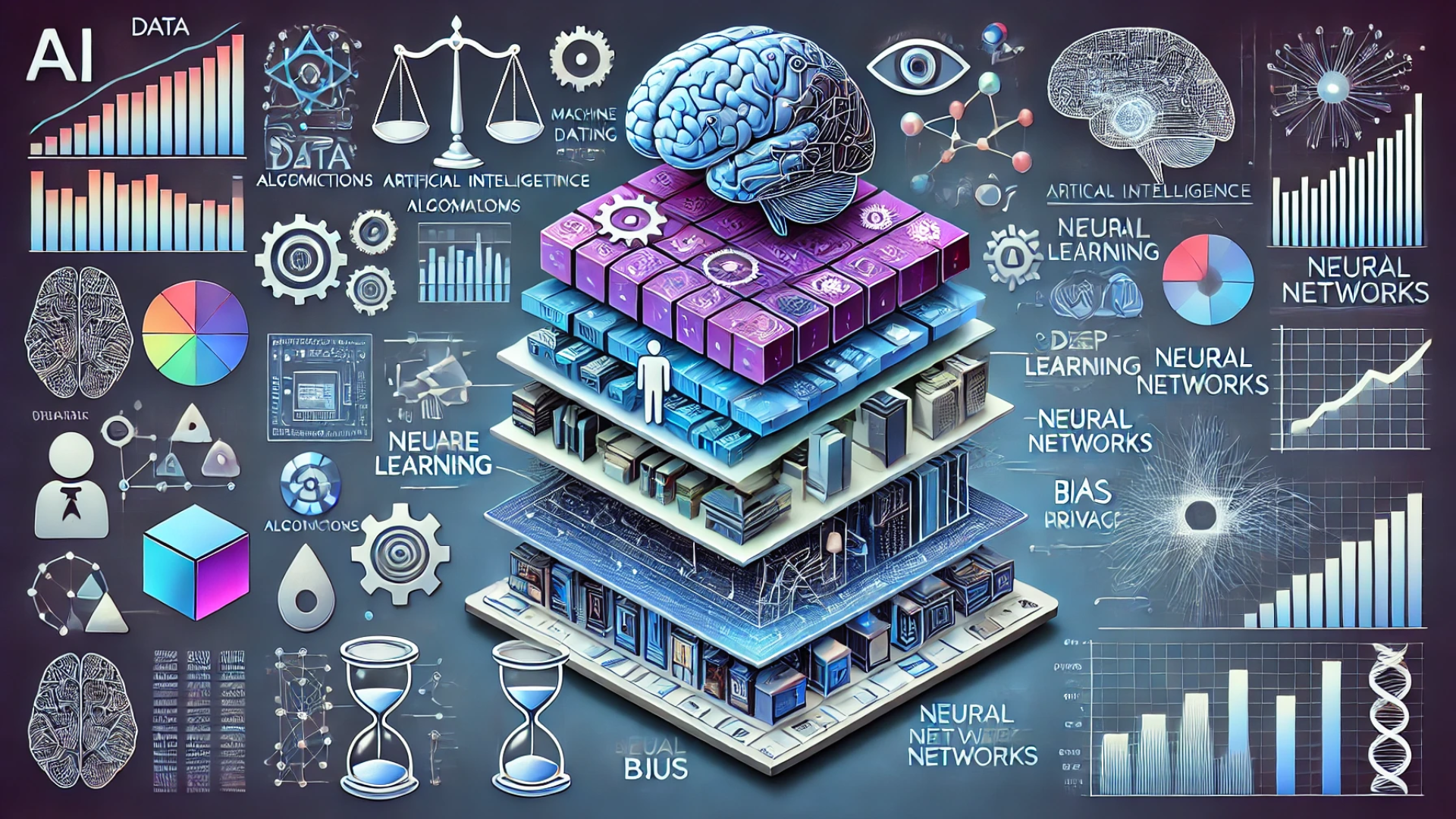
In today’s digital world, cybersecurity is more important than ever. With cyber threats constantly evolving, there’s a growing demand for professionals who can keep our data and systems safe. If you’re considering a career in cybersecurity, you’re in for a rewarding journey. This guide will help you understand the different job roles, necessary skills, and the abundant opportunities in this exciting field.
What is Cybersecurity?
Cybersecurity involves protecting computer systems, networks, and data from cyber attacks. It’s all about keeping information safe from unauthorized access, damage, or theft. As technology advances, so do the tactics of cybercriminals, making cybersecurity a critical aspect of modern life.
Key Cybersecurity Job Roles
Security Analyst
- Responsibilities: Monitor networks for security breaches, investigate incidents, install and use software like firewalls and data encryption programs, and document security breaches.
- Skills Needed: Attention to detail, analytical skills, knowledge of intrusion detection systems (IDS), and understanding of malware analysis.
Security Consultant
- Responsibilities: Assess risks, develop security solutions, advise organizations on how to protect their assets, and ensure compliance with security policies.
- Skills Needed: Problem-solving, strong communication, up-to-date knowledge of cybersecurity trends, and risk assessment.
Penetration Tester (Ethical Hacker)
- Responsibilities: Simulate cyberattacks to find vulnerabilities in systems, report findings, and recommend fixes.
- Skills Needed: Understanding of hacking tools and techniques, coding skills, creativity, and persistence.
Incident Responder
- Responsibilities: Respond to security breaches, mitigate damages, conduct forensic analysis, and implement recovery plans.
- Skills Needed: Quick decision-making, stress management, forensic investigation, and technical knowledge.
Security Architect
- Responsibilities: Design, build, and maintain secure network infrastructures, establish security policies, and ensure compliance with regulations.
- Skills Needed: Strategic thinking, knowledge of network protocols, system architecture, and security management.
Chief Information Security Officer (CISO)
- Responsibilities: Oversee the entire security operations of an organization, develop security policies, and ensure that security practices align with business goals.
- Skills Needed: Leadership, strategic planning, extensive cybersecurity knowledge, and risk management.
Essential Skills for Cybersecurity Careers
- Technical Proficiency: Familiarity with operating systems, networking, and various security tools.
- Analytical Skills: Ability to identify potential threats and vulnerabilities.
- Communication: Clear and concise communication, especially when explaining complex security issues to non-technical stakeholders.
- Problem-Solving: Creative solutions for preventing or mitigating cyber threats.
- Continuous Learning: Staying updated with the latest trends and technologies in cybersecurity.
How to Get Started in Cybersecurity
- Education: Obtain a degree in computer science, information technology, or a related field. Many universities now offer specialized cybersecurity programs.
- Certifications: Earn certifications such as CompTIA Security+, Certified Information Systems Security Professional (CISSP), or Certified Ethical Hacker (CEH).
- Hands-on Experience: Gain practical experience through internships, entry-level jobs, or volunteering. Participate in cybersecurity competitions or labs.
- Networking: Join professional organizations, attend conferences, and connect with other cybersecurity professionals.
It’s here Secure Your Data Online you need to know
Opportunities and Growth in Cybersecurity
The demand for cybersecurity professionals is skyrocketing. According to the Bureau of Labor Statistics, employment in information security is projected to grow much faster than the average for all occupations. With cyber threats becoming more sophisticated, organizations across all industries need skilled cybersecurity experts.
Why Choose a Career in Cybersecurity?
- Job Security: High demand and a growing number of job openings.
- Competitive Salaries: Cybersecurity roles often come with attractive pay.
- Impactful Work: Protecting data and systems from cyber threats is vital for the safety and functionality of organizations.
- Diverse Opportunities: Wide range of roles and industries to work in.
- Continuous Learning: The ever-evolving nature of cyber threats means you’ll always have new challenges to tackle.
FAQs
Q: Do I need a degree to work in cybersecurity?
A: While a degree can be helpful, many professionals enter the field through certifications and hands-on experience.
Q: What are some entry-level jobs in cybersecurity?
A: Roles like security analyst, IT support with a focus on security, and junior penetration tester are great starting points.
Q: Is coding necessary for a cybersecurity career?
A: While not always required, coding skills can be a significant advantage, especially in roles like penetration testing and incident response.
Q: How can I stay updated with cybersecurity trends?
A: Follow cybersecurity blogs, join professional organizations, attend webinars and conferences, and participate in online forums.
Final Thoughts
Cybersecurity offers a promising career path filled with opportunities and challenges. Whether you’re just starting out or looking to advance in the field, the key is to keep learning and stay adaptable. With the right skills and determination, you can make a significant impact in protecting our digital world.

